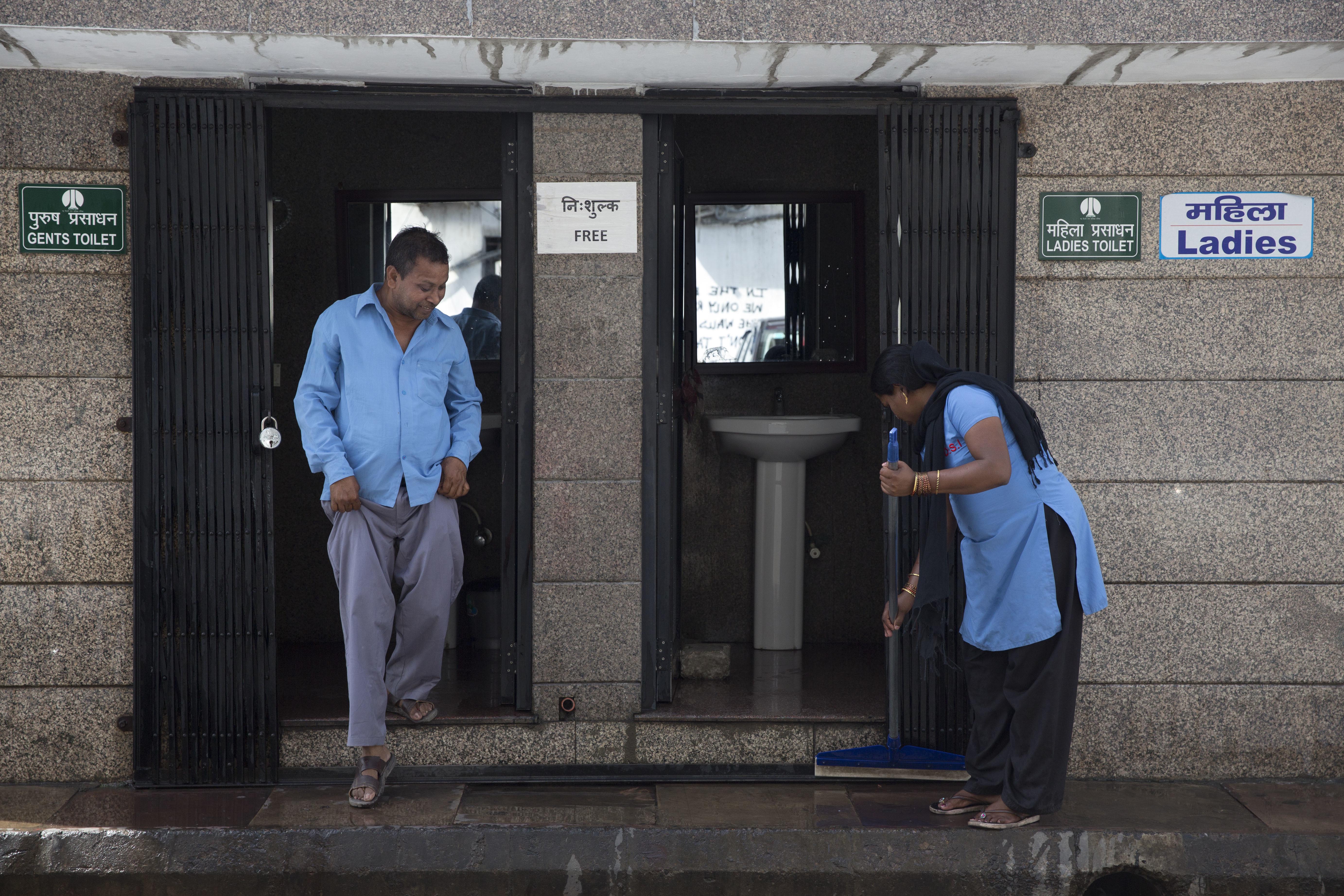Call to protect sanitation workers on COVID-19 frontlines
KATHMANDU, NOVEMBER 19
As the UN marks World Toilet Day, Amnesty International, WaterAid and the International Dalit Solidarity Network have called on authorities in Nepal, India, Bangladesh, and Pakistan to take immediate action to protect sanitation workers who are risking their lives on the COVID-19 frontlines.
Across South Asia, workers cleaning toilets and streets, emptying latrine pits and maintaining sewers are faced with acute health and safety risks.
They lack adequate personal protective equipment, training support to cope with risks, job security, social security, health insurance and access to handwashing facilities.
The caste dimension of sanitation work in these countries also means that workers are highly stigmatised and discriminated against when accessing services or seeking other occupations.
New research by WaterAid in India, Pakistan, Nepal and Bangladesh shows that the COVID-19 pandemic has made the situation worse for the vast majority of these workers.
Some have even been redeployed to service COVID-19 quarantine centres with limited training on COVID-19 related risks or how to use PPE. Their financial security has also been affected either due to increased but non-compensated working hours in some cases, and reduced demand for their services in others. Their transportation costs increased due to lockdowns and many had to buy face masks and other equipment that their employers did not regularly provide.
“Sanitation workers are the hidden workforce keeping towns and cities in South Asia functioning throughout the pandemic, but they work in very poor and too often life-threatening conditions and are subject to stigma and discrimination based on caste and religion” said Vanita Suneja, South Asia regional advocacy manager at WaterAid in a joint press release issued today. “COVID-19 and related lockdowns have exacerbated these risks, especially among the many sanitation workers informally employed. Most female sanitation workers are informal workers risking their lives every day. The safety and dignity of these workers have been disproportionately affected.”
The International Dalit Solidarity Network has campaigned to raise the plight of low caste sanitation workers, being lowered into sewers or cleaning dry latrines with no protective equipment. Many of these workers ‘inherit’ these occupations due to their designated status in the caste system. This status has travelled with them to countries like Bangladesh, where many street sweepers are Dalits and live in segregation in sweepers’ colonies.
Workers and human rights defenders in these countries are fighting for their rights but need global solidarity and accelerated action. “These workers are not asking for a medal. They are asking for their rights and dignity to be respected and that the same concern authorities are showing for the health and safety of other segments of the population is also extended to them,” said Meena Varma, executive director of International Dalit Solidarity Network.
Issues of stigma and discrimination against sanitation workers are reported across South Asia. Amnesty International has appealed for action in India urging the government to ensure dignity and protection of sanitation workers.
Feature Image: File






